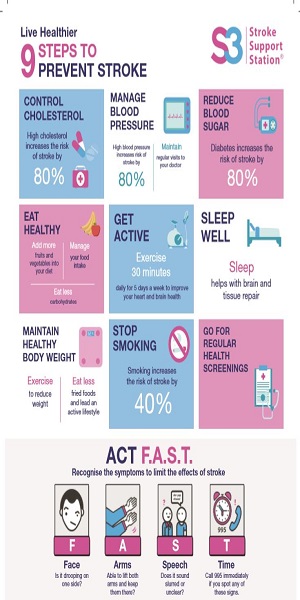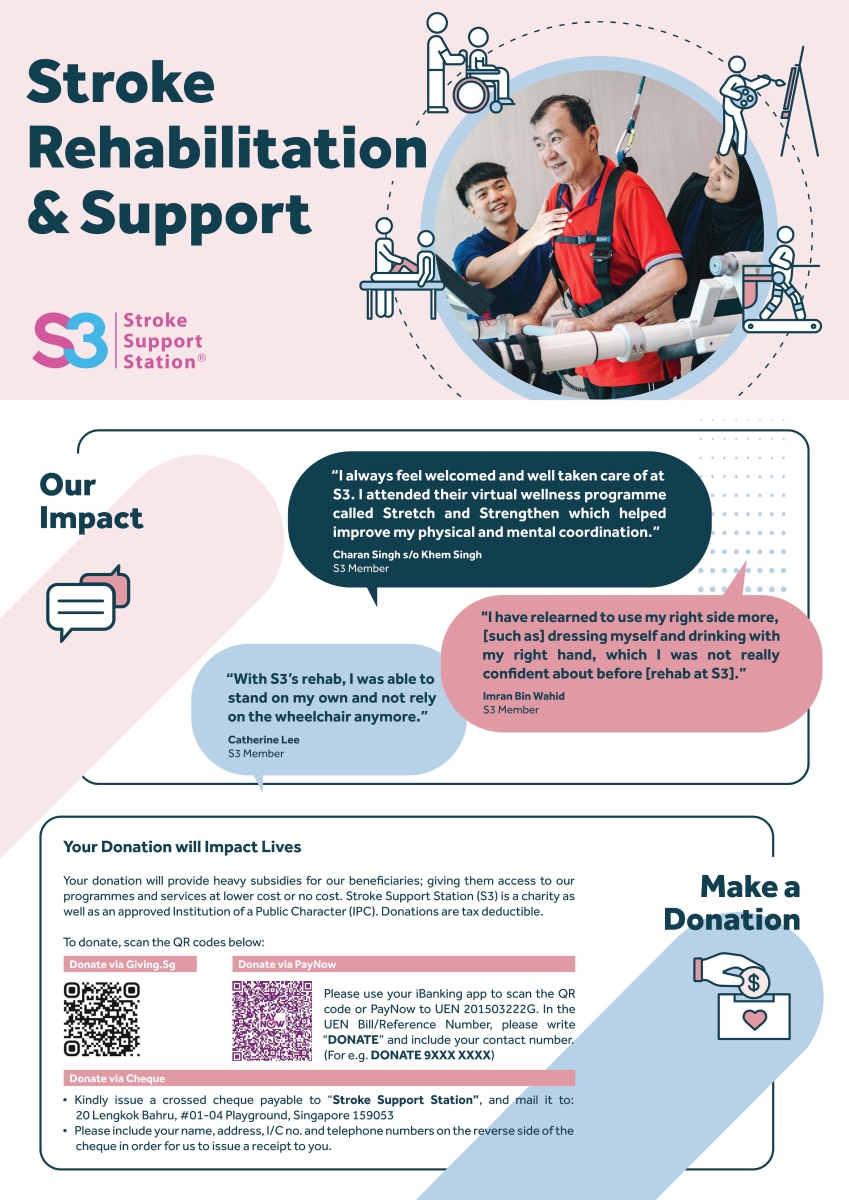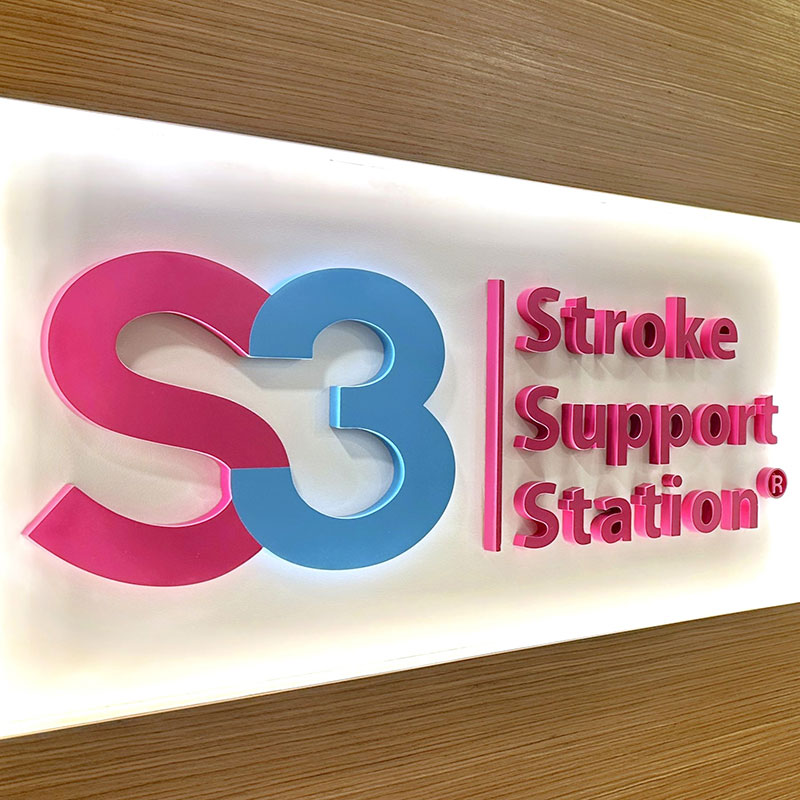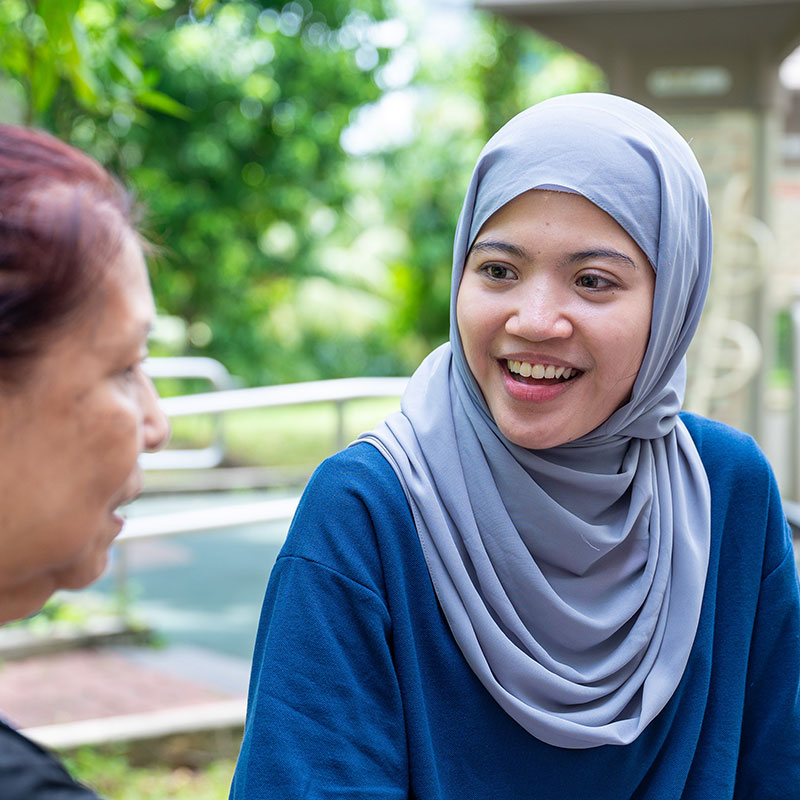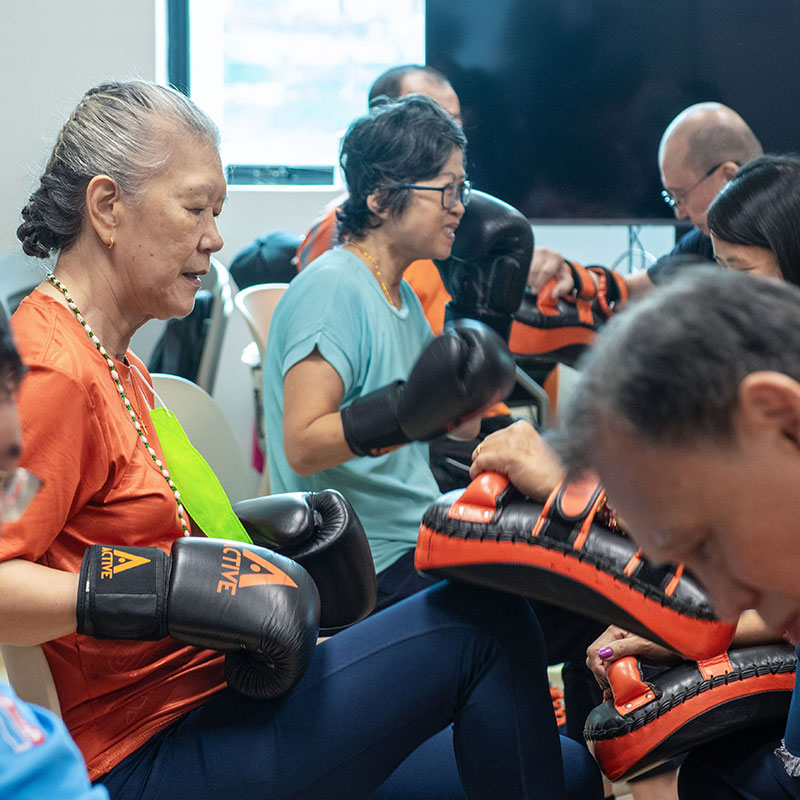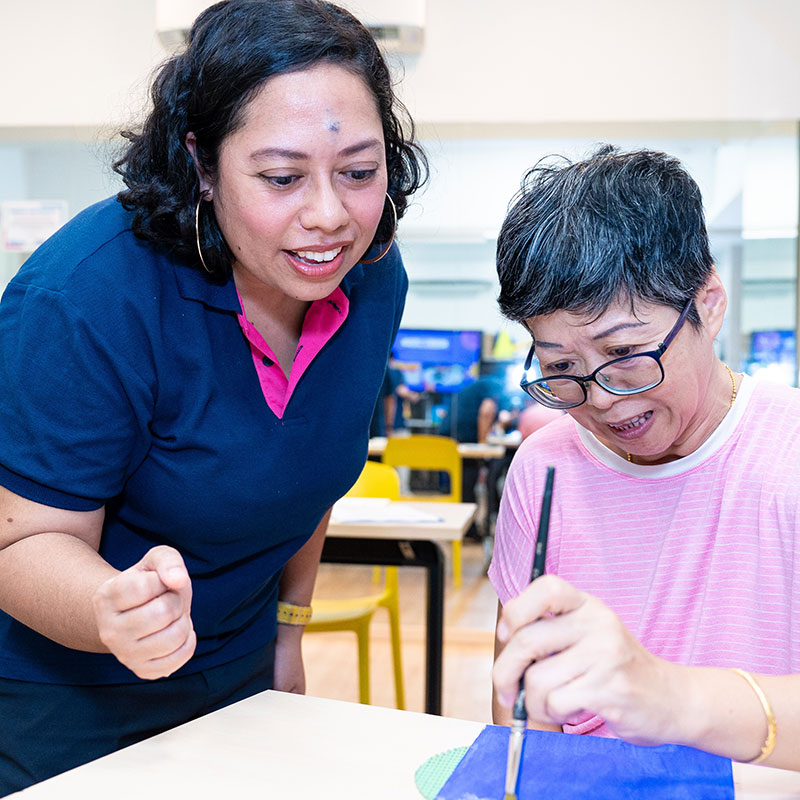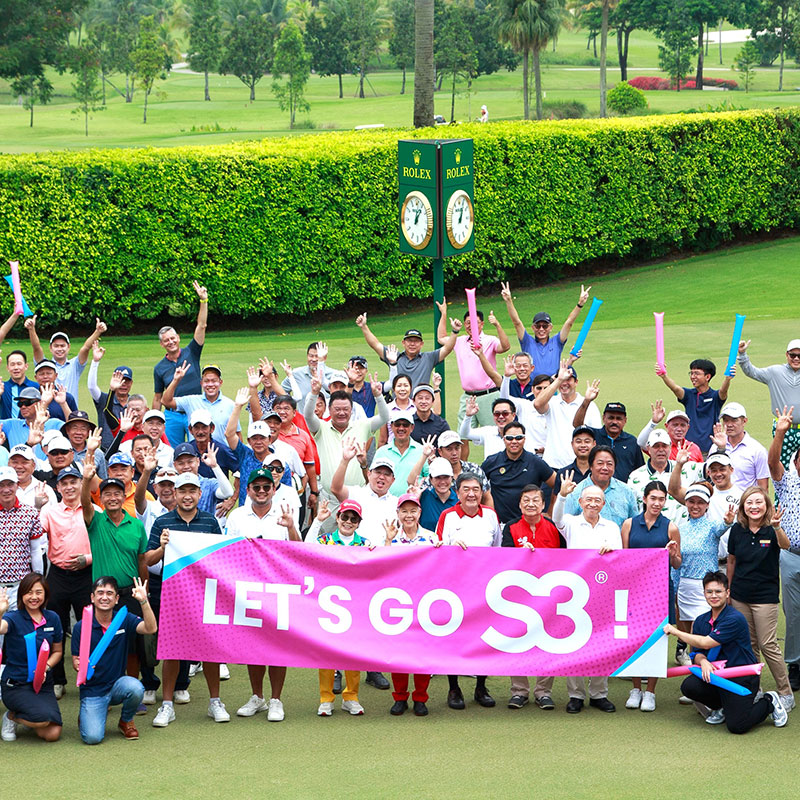Our Stories
We celebrate the enthusiasm and kindness of youths who contribute their efforts to serve the community.
Young people are occupied by many things in their lives, such as having to tackle school examinations, hectic work schedules or even taking care of their family. Despite their responsibilities, many have stepped forward to help those who are in need.
Ming Yi is one of such selfless youths who dedicates her time to volunteer in S3. As a budding physiotherapist, she finds volunteering with stroke survivors fulfilling as she can make a difference and learn useful skills at the same time. Ming Yi participates in S3’s Re-learn and Enjoy Active Living (R.E.A.L.) Wellness sessions as well as the community exercise programme for seniors in Lengkok Bahru.
Ming Yi volunteers together with her friend, Clarissa, who also majors in physiotherapy.
.jpg)
How did you get to know about S3’s volunteering programme?
I got to know about S3 through Clarissa! She shared with me about her volunteering experience in S3, and how she helps to facilitate exercise sessions to support stroke survivors. I thought that it was very interesting and decided to volunteer.
What does it feel like to volunteer in S3?
I think it is a very enriching and insightful experience. Beyond providing support to stroke survivors, I get to know a community of fellow volunteers that constantly shares about various volunteering experiences. Together, we celebrate the improvements made by stroke survivors.
Volunteering in S3 gives me a perspective on what is needed to keep a volunteer programme running and improving. The physiotherapists and volunteer managers are welcoming. They are very open to feedback and are deeply invested in how they can better serve the stroke survivors. For instance, they will often ask about our experiences and the performance of the stroke survivors.
Why do you take up physiotherapy as your choice of major?
Since I was young, I had always been amazed at the complexity and wonder of how the human body functions.
There was once I volunteered to befriend wheelchair-bound seniors and saw one of the participants who stood up and dance. The staff in-charge told us that it was his physiotherapist that helped him to achieve his goal of dancing.
This made me see that physiotherapy is something that not only just add years to life, it improves one’s quality of life as well. As such, I chose physiotherapy because it aligns with both my interest and my desire to serve.
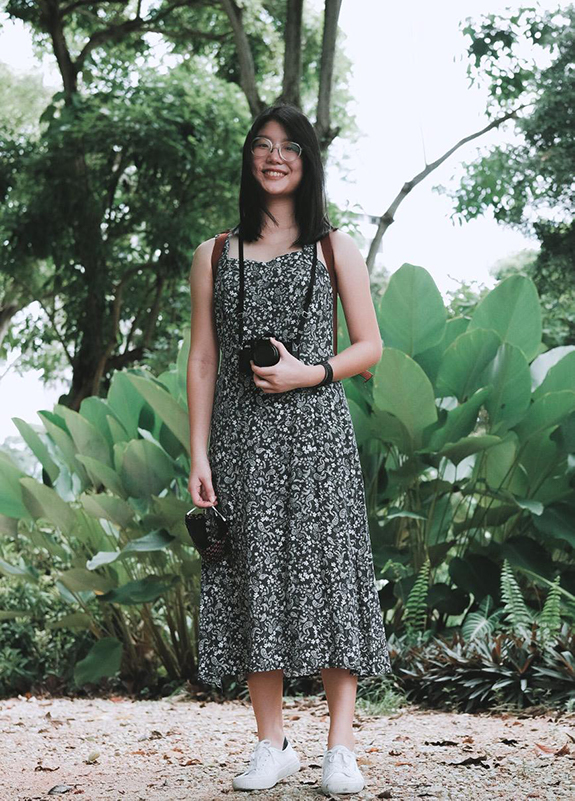
As an aspiring physiotherapist, why do you choose to work with stroke survivors? (Given that physiotherapy has many applications such as sports injuries etc.)
There are many specialties in physiotherapy. I think this wide scope of practice makes studying physiotherapy so interesting! I am interested in working with stroke survivors as I think that rehabilitation is a field with much potential to make a difference in their lives.
When a patient suffers a stroke, his or her physical abilities may drastically change overnight. It does not only impact one physically but also emotionally as it can be a very distressing experience for both the patient and his or her family.
With rehabilitation, we know that functional improvements are possible. I hope that rehabilitation not only improves their lives physically, but also brings relief to the emotional distress they may have been facing.
I am honored to be able to encourage and support stroke survivors throughout this long process of recovery using what I have learnt from school. I really want to be there to celebrate the wins with them!
How do you apply the techniques and knowledge learnt during your physiotherapy course in university to help stroke survivors in S3?
Through my course of study, I learnt about manual handling skills which I applied to ensure that the stroke survivors are well-supported and safe throughout the session.
I also learnt about different facilitation techniques (e.g. key points of control). This allowed me to give appropriate tactile cues to improve the quality of the participants’ movements during the exercises.
Knowing the principles of neurorehabilitation allowed me to understand the theory behind why certain exercises are chosen by the physiotherapists and how they can help the participants.
You have volunteered in our community sessions as well. How do you feel about S3’s community outreach to the neighborhood? What are some of your interesting observations and experiences assisting the residents during their exercises?
I think that this community outreach is very beneficial to the elderly in the neighbourhood! Research has shown that exercise can improve the risk factors of many chronic diseases such as diabetes, which are common causes of stroke.
However, many elderly residents in the community lead sedentary lifestyles and they do not have an exercise routine. I believe this outreach serves as a platform for the seniors to improve their health and fitness literacy. Most importantly, this outreach empowers residents to inculcate a good habit of integrating physical activity into their weekly routine!
I remember distinctively the first time I attended the session. An uncle came up to me and gave me a warm greeting. “Welcome to Lengkok Bahru!” he said. I was so astonished by his warm hospitality! During the session, the participants shared their daily living experiences with each other.
They all seemed so comfortable with each other, and it made me wonder when was the last time I spoke to my neighbours! We always look forward to revive and preserve the kampong spirit. However here in Lengkok Bahru, I saw that the kampong spirit is alive and well! I hope that their sense of community can spread throughout the rest of Singapore too.
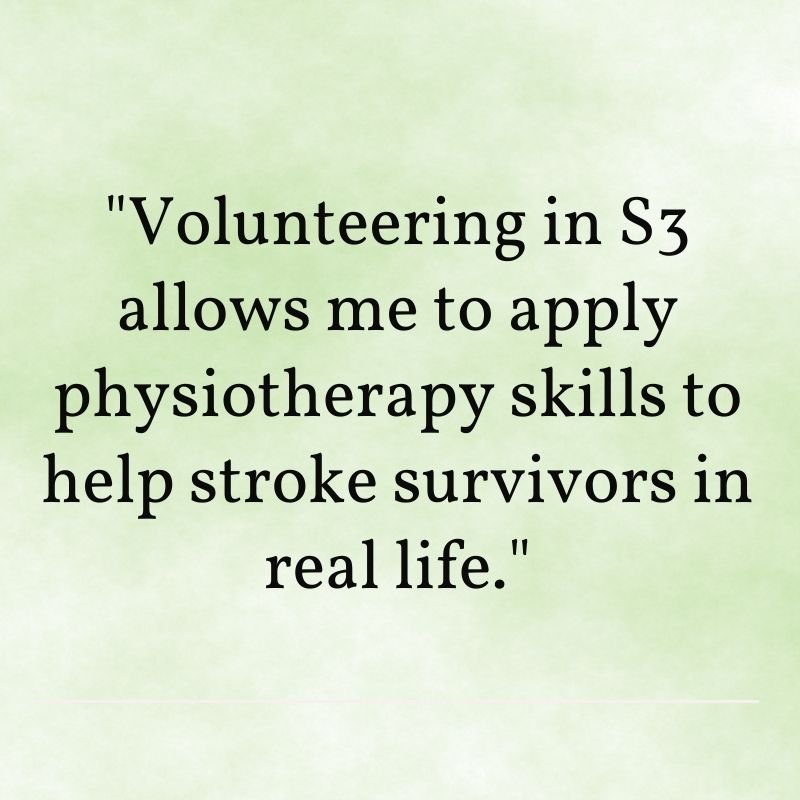
How does volunteering in S3 inspire you as an aspiring physiotherapist?
In school, we frequently practised our skills and knowledge with friends or with various simulations. Volunteering in S3 allows me to apply these skills to stroke survivors in real life. I feel inspired by the stroke survivors who attend the sessions every week without fail. It displays their determination to achieve their rehabilitation goals.
Their hard work motivates me to improve my skills so that I can be a more effective physiotherapist in the future. Aside from fitness and physical function, S3 also frequently conducts outreach talks/workshops and art therapy sessions which encourage me to see stroke survivors more holistically.
How do you feel about volunteering together with Liezl and Daniel (fellow volunteers in S3) during the Monday exercise sessions at Lengkok Bahru?
I feel very encouraged by Liezl and Daniel! I think it takes a lot of dedication and commitment to prepare themselves and conduct weekly sessions. I hope that even as life gets busier, I can continue to serve the community like them!
How did you find volunteering with Clarissa? Is there a special dynamic to volunteering with a fellow friend/coursemate?
I enjoy volunteering with Clarissa a lot! I think it is always nice to see a familiar face. Often, we find ourselves discussing about interesting experiences we had during the sessions or how we can do better.
I appreciate these discussions very much as it spurs us to stay committed to serving the community. Having a trusted friend also allow encourages meaningful and honest conversations about volunteerism. I am truly blessed to have this opportunity to volunteer at S3 with Clarissa!
Downloads

